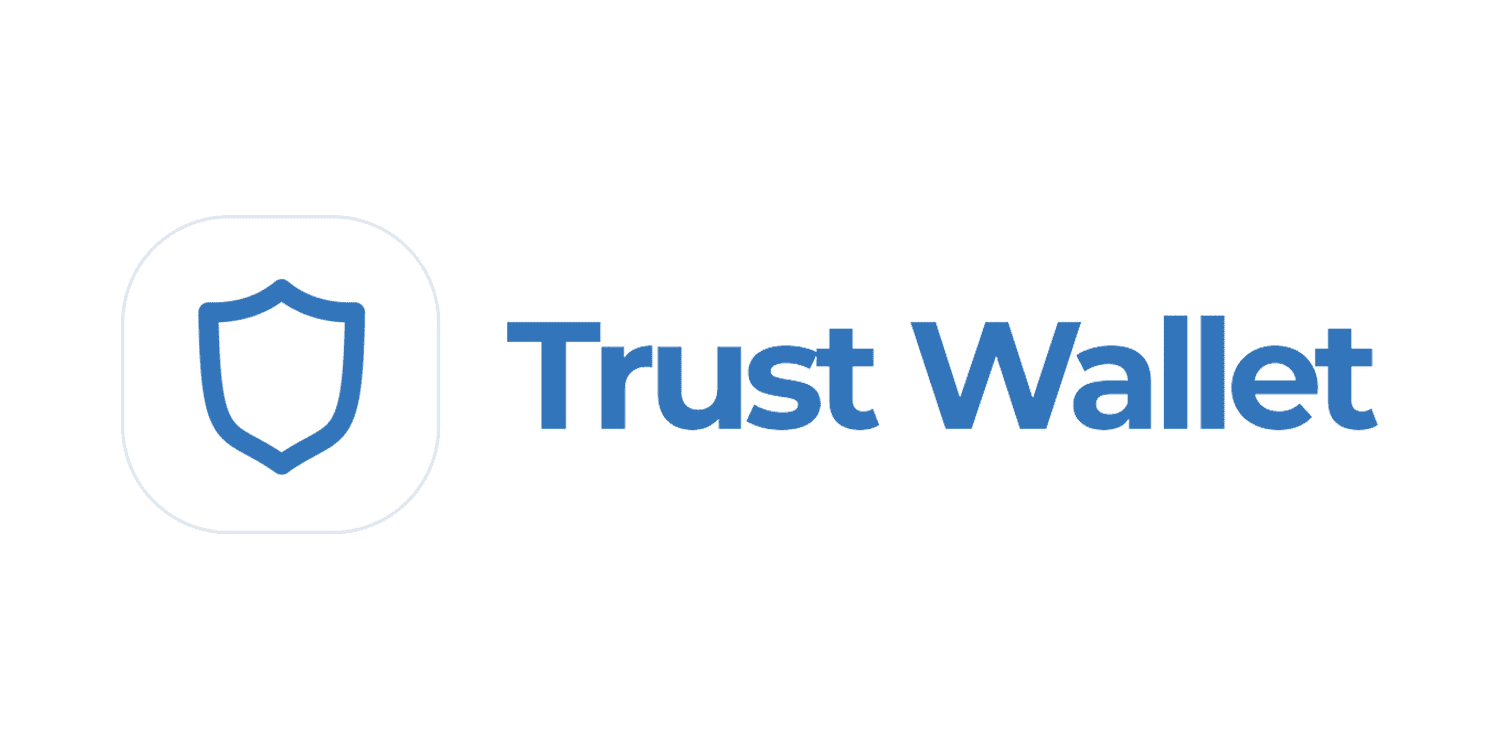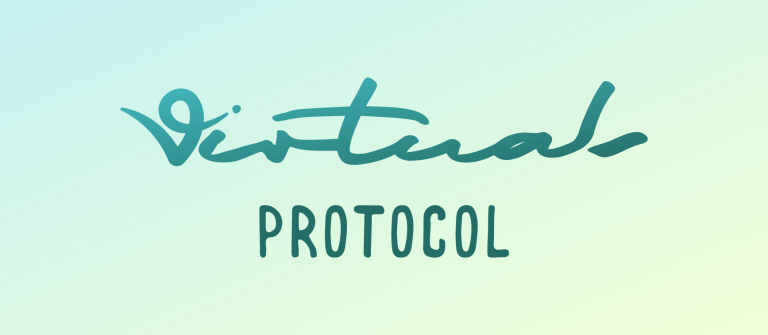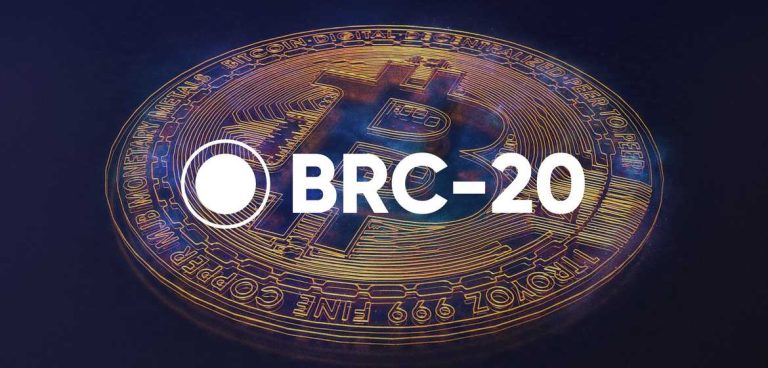Introduction
Trust Wallet is a secure, custody-free wallet app that supports multiple cryptocurrencies on over 70 blockchains. Users have full control over their private keys and assets, including security measures including cold storage. The wallet makes it easy to manage a diverse cryptocurrency portfolio with the option to add custom tokens.
Overview and Background
Launched in 2017 by Ukrainian entrepreneur Viktor Radchenko, Trust Wallet empowers users with a user-friendly, self-managed crypto wallet designed for seamless Web3 exploration. By placing private keys directly in your hands, Trust Wallet grants you ultimate control over your digital assets.
Trust Wallet’s user-friendly design and emphasis on self-custody quickly gained traction among crypto enthusiasts, drawing the attention of Binance, the leading crypto exchange. In 2018, Binance acquired Trust Wallet and made it its official platform. This move allowed Trust Wallet to significantly expand its features, supporting more blockchains and tokens, and leverage Binance’s resources and network to grow its user base and community.
Trust wallet appointed Eowyn Chen as its new CEO in early 2022. Chen was previously the Marketing VP of Binance, a leading crypto exchange. She leads the Trust Wallet team in pursuing their vision. Trust Wallet has grown to have more than 70 million users and support over 4.5 million types of digital assets and NFTs on 70 different blockchains. It also has its own native token, TWT, which has various functions such as governance, rewards, and discounts.
Features and Functionality
- Swap crypto instantly: Users can exchange one crypto for another with low fees and fast execution, using the built-in DEX(decentralized exchange) feature.
- Earn interest on crypto: Users can stake their crypto assets and earn passive income, or lend them to other users and earn interest, using various DApps supported by Trust Wallet.
- Secure and private: Trust Wallet is a non-custodial wallet, which means that users have full control over their private keys and funds, and no one else can access them. Trust Wallet also uses advanced security features, such as biometric authentication, PIN code, and recovery phrase, to protect users.
- Open Source code: Open-sourcing its code, Trust Wallet prioritizes transparency and accountability. This empowers the community to actively contribute to and validate the platform’s security, building trust and confidence among users.
- Multi-currency support: Trust Wallet offers extensive multi-currency support, encompassing over 10 million cryptocurrencies and tokens. This comprehensive coverage allows users to conveniently store and manage their entire crypto portfolio within a single application.
Advantages
- Trust Wallet incurs no charges for downloading or using its core functionalities. Network and gas fees associated with specific blockchain transactions remain applicable, but the Trust Wallet team prioritizes minimizing such costs and refrains from charging platform fees.
- Trust Wallet streamlines crypto transactions, enabling users to seamlessly send and receive cryptocurrencies directly from their mobile devices. The app supports various methods for addressing recipients, including standard blockchain addresses, QR codes, and simplified names facilitated by partnerships with ENS, FIO, and Unstoppable Domains.
- Direct crypto purchases are facilitated within Trust Wallet through integrated card payment processors. This allows users to conveniently acquire various cryptocurrencies, including Bitcoin, Ethereum, BNB, and more, directly from the app. Selecting the desired currency, entering payment details, and receiving the purchased crypto within minutes streamlines the acquisition process.
- Trust Wallet integrates a built-in DApp browser on Android devices, simplifying access and management of decentralized applications (DApps) directly within your crypto wallet. This eliminates the need to switch between separate platforms, offering a smoother user experience.
Potential Risks and Challenges Faced
- Security risks: Trust Wallet is a non-custodial wallet, which means users have full control and responsibility over their private keys and funds. This also means that if users lose their private keys or 12-word seed phrase, they will not be able to access their wallet or recover their funds. Users should always keep their private keys and seed phrase safe and secure, and avoid sharing them with anyone. Trust Wallet does not offer any customer support or recovery service for lost or stolen funds.
- Technical risks: Trust Wallet relies on the performance and functionality of the underlying blockchains and networks that it supports. Users might experience delays, errors, or failures when sending or receiving transactions due to network congestion, insufficient funds, or technical glitches.
- Market risks: Trust Wallet supports a wide range of cryptocurrencies and NFTs, which are subject to high volatility and price fluctuations. Users should be aware of the market risks and do their own research before investing in any digital assets. Trust Wallet does not provide any financial advice or guarantee any returns on investments. Users should also be careful of scams, phishing, or fraudulent activities that might target their wallet or funds.
How Trust Wallet Addresses Challenges
Adressing Security Risks:
- Security Scanner: Trust Wallet warns users about potentially risky transactions, including scams, phishing, and rug pulls. This helps prevent users from accidentally sending funds to malicious addresses.
- Secure Enclave: Sensitive information like private keys are stored in a secure enclave on the user’s device, separate from the main operating system, adding an extra layer of protection.
- Pin and Biometric Authentication: Requires user authentication (PIN or biometrics) for all transactions, adding an additional security barrier.
- Open-Source Code: Transparency through open-source code allows for community scrutiny and independent security audits.
Addressing Technical Risks:
- Regular App Updates: Frequent updates address bugs, vulnerabilities, and enhance overall app security.
- Multi-Chain Support: Diversification across multiple blockchains mitigates risk associated with in
- dividual blockchain issues.
- DApp Review Process: Trust Wallet reviews DApps listed in its browser to help users avoid malicious applications.
- Partnerships: Collaborations with security firms and industry experts contribute to continuous improvement of security measures.
Addressing Market Risks:
- Diversification: Supports various cryptocurrencies and tokens, allowing users to spread their holdings across different assets.
- Fiat Integration: Enables buying and selling crypto with fiat currencies, providing flexibility and entry points for new users.
Conclusion
Trust Wallet serves as a gateway to the world of cryptocurrency, offering a user-friendly interface and security features to manage your digital assets. While primarily serving as a secure cryptocurrency wallet, Trust Wallet expands beyond this singular function. It acts as a gateway to the multifaceted world of Web3, granting access to a vast array of decentralized applications (dApps). Crucially, Trust Wallet empowers you with complete control over your private keys and data. This user-centric approach prioritizes security without compromising on a smooth and intuitive experience. Additionally, Trust Wallet supports multiple blockchains, ensuring flexibility and adaptability within the ever-evolving Web3 landscape.
Whether you’re a newcomer venturing into the crypto world or a seasoned investor seeking an all-encompassing platform, Trust Wallet has the potential to become your trusted companion on your Web3 journey.




